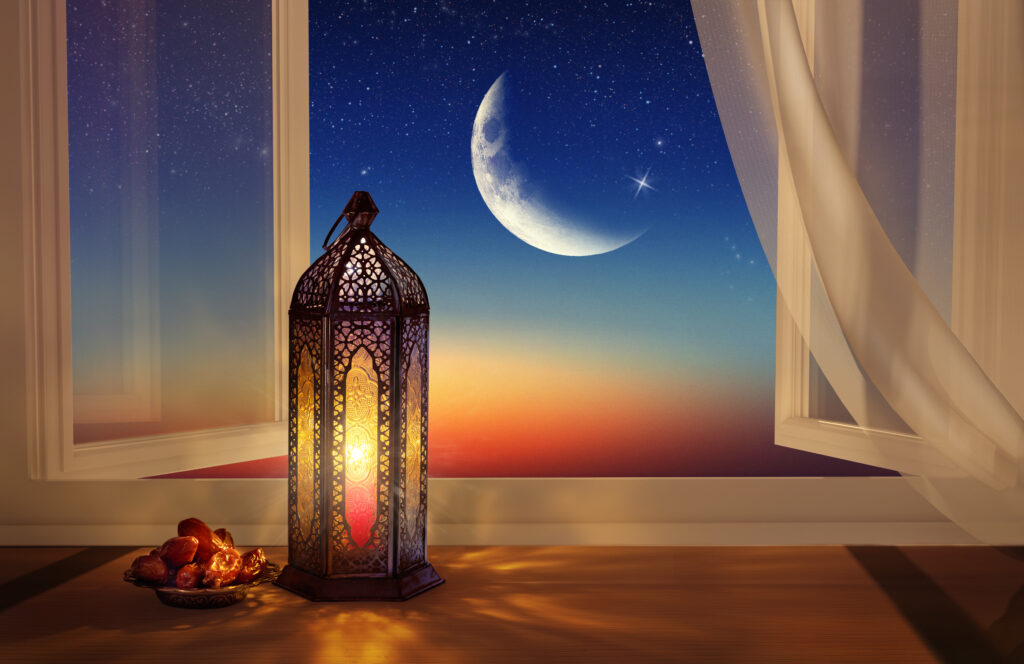Why do Muslims fast during Ramadan?
Fasting during the daylight hours of Ramadan is one of the five pillars of Islam. All observant Muslims must adhere to these five acts or behaviours. The origin of fasting during the ‘holiest’ month dates back to the advent of Islam. It commemorates the first time, in AD 610, that Mohammed received his revelations, which would go on to form the Qur’an. Some, like travellers and those who are ill, are exempt from fasting – but missed fasting days can be made up another time.
Muslims break the daily fast when they hear the sunset call to prayer. First, they eat a date and drink water, following the practice of Mohammed. They then proceed to share a meal with family or friends, eating dishes that are only eaten during Ramadan.
One friend relays how their family eats and sits together well into the night until, one by one, they nod off. They eat another meal around 4am before the next day’s fasting begins. Ramadan concludes with a three-day holiday, when many special foods are eaten and new clothes are worn.
Why is Ramadan a gift?
Muslims believe they must build up credit with Allah by behaving in a certain way and doing certain things. Fasting during daylight hours in Ramadan is a chance to earn credit and hopefully gain access to paradise. A local friend says rewards are multiplied during Ramadan, meaning that any extra effort to perform the pillars – particularly fasting – will receive extra credit from Allah.





